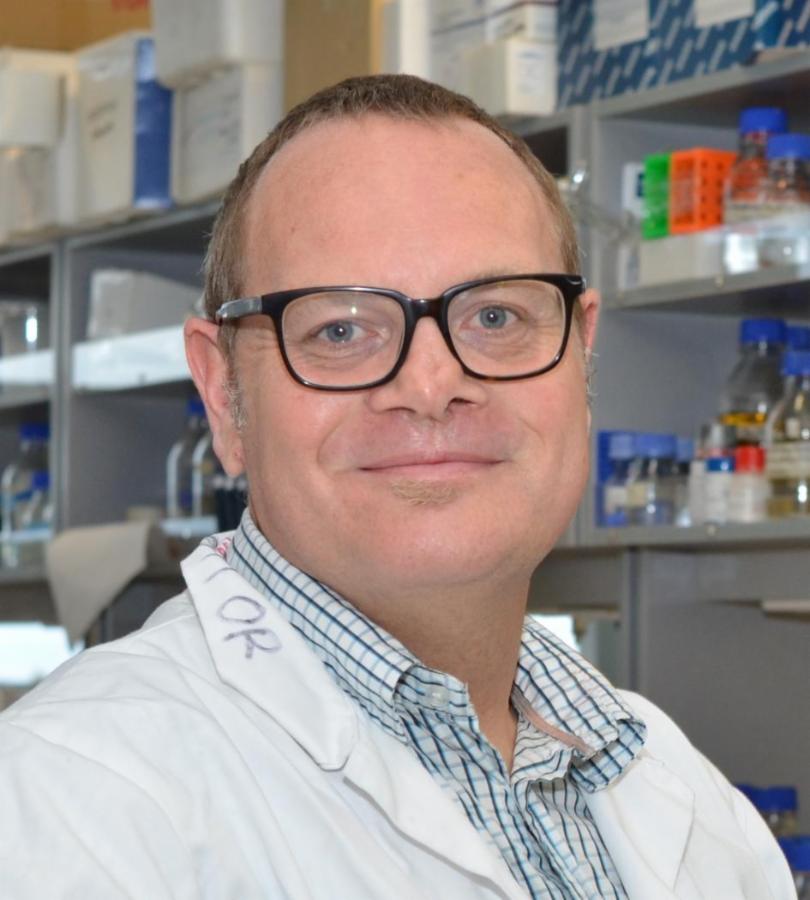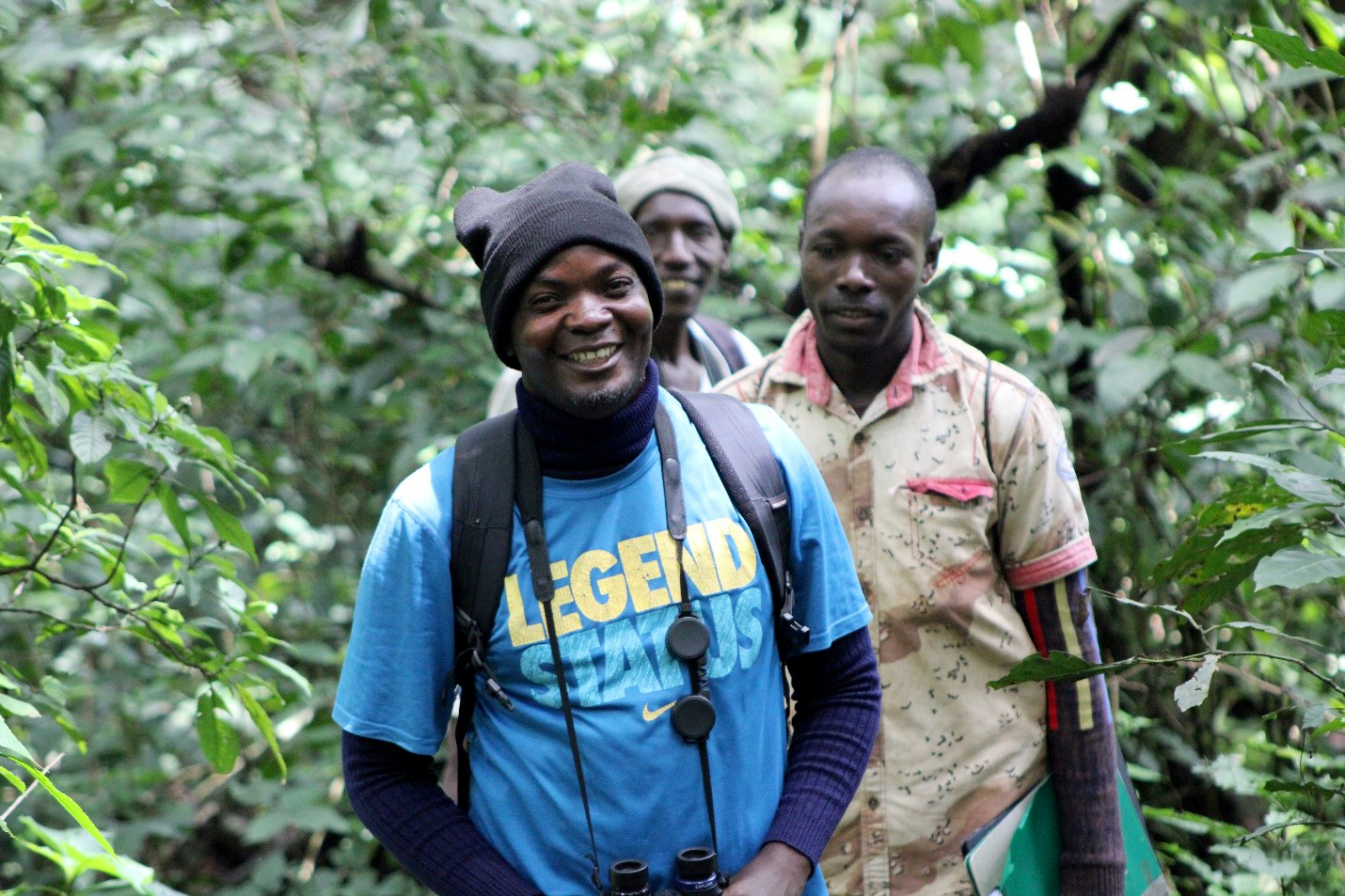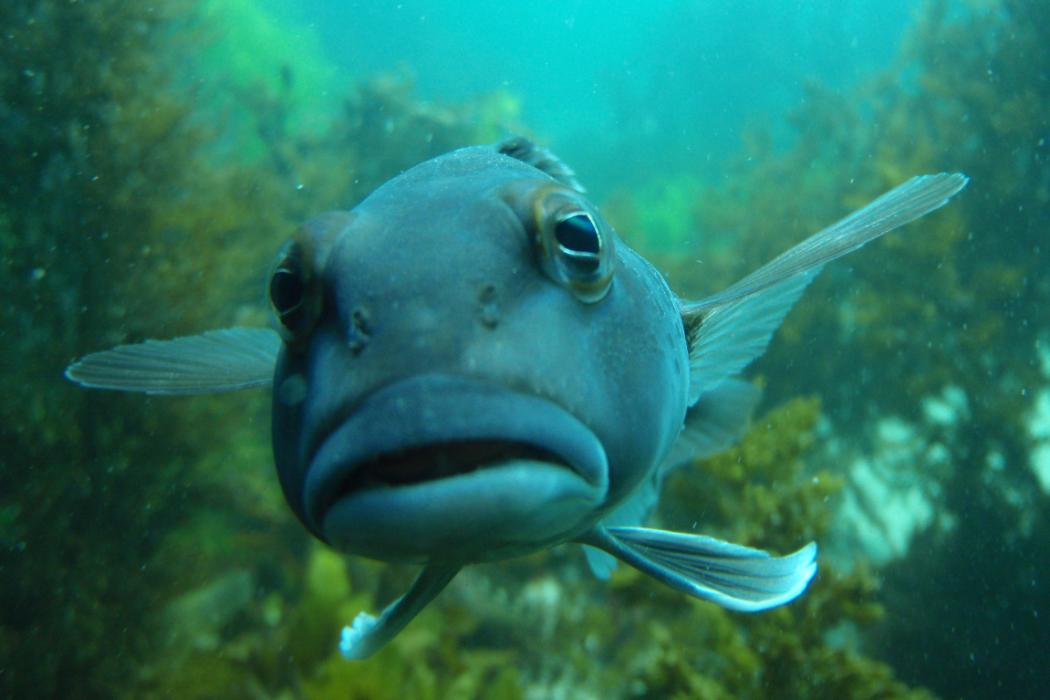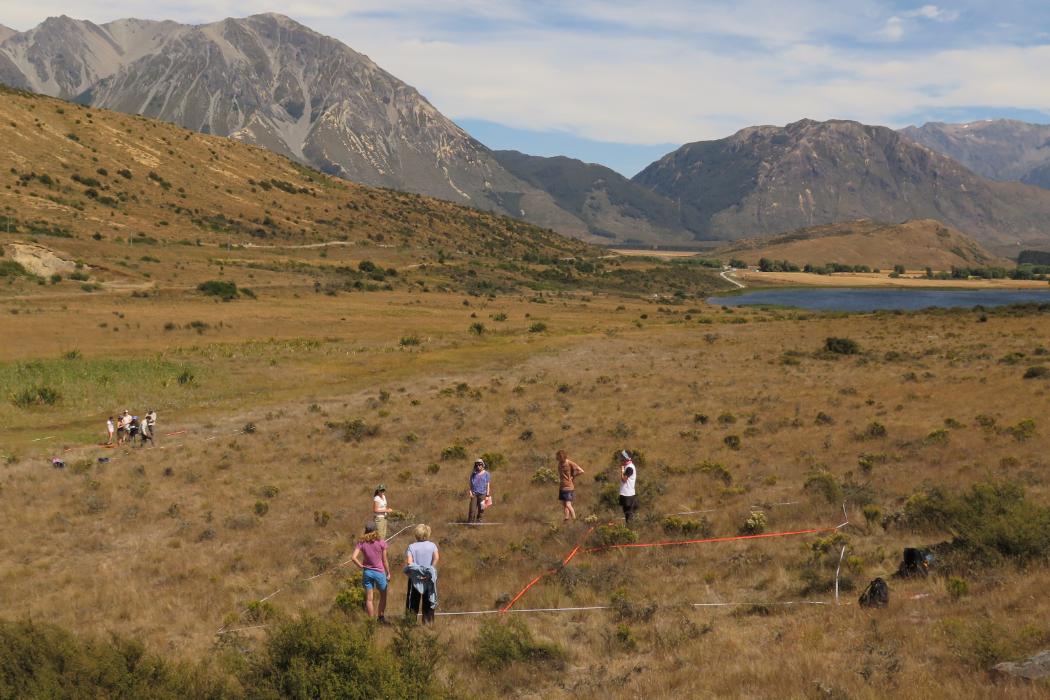Biotechnology research in the School of Biological Sciences is driving innovation at the intersection of biology, chemistry, and engineering. This field harnesses the power of living systems and molecular biology to develop solutions for health, agriculture, industry, and the environment.
Researchers at UC explore how biological processes can be used to create new products and technologies. This includes developing bio-based materials, improving crop resilience, engineering microorganisms to produce valuable compounds, and designing diagnostic tools for medicine. Much of this work is supported by the Biomolecular Interaction Centre (BIC), a hub for interdisciplinary research that brings together scientists from biology, chemistry, and engineering.
Students gain hands-on experience through courses like BIOL270 (Biotechnology), where they learn about genetic engineering, fermentation, and molecular diagnostics. They also explore the ethical, environmental, and commercial aspects of biotechnology, preparing them for careers in research, industry, and policy.
UC’s biotechnology research is also deeply connected to sustainability. Projects often focus on reducing waste, creating renewable alternatives to fossil fuels, and supporting conservation efforts through genetic tools. For example, researchers may use DNA technologies to monitor endangered species or develop enzymes that break down pollutants.
By combining scientific discovery with real-world application, UC’s biotechnology research is helping to shape a more sustainable and innovative future.
Our staff have extensive local and international connections and welcome contact from potential students and collaborators.
Examples of our research include:
- Developing Adaptive Phage Solutions for the Primary Industries
- Biotech and medtech platforms to assess therapeutics for muscle wasting diseases
- Plant biotechnology and synthetic biology for increased climate and pathogen resilience
- Testing and developing new methods for reducing crop damage from wildlife
- Using new technologies to track animal movements
- Translation plant sensory biology into biotechnological solutions for climate-resilient agriculture
- Cellular agriculture and future foods
- Spectral X-ray imaging of soft tissue for diagnostics
- Engineering enzymes for novel functions
- Future of the search for life
- Purification and use of plant proteins in food systems
- Bottom-up synthetic biology: building artificial compartments to host novel enzymatic reactions























